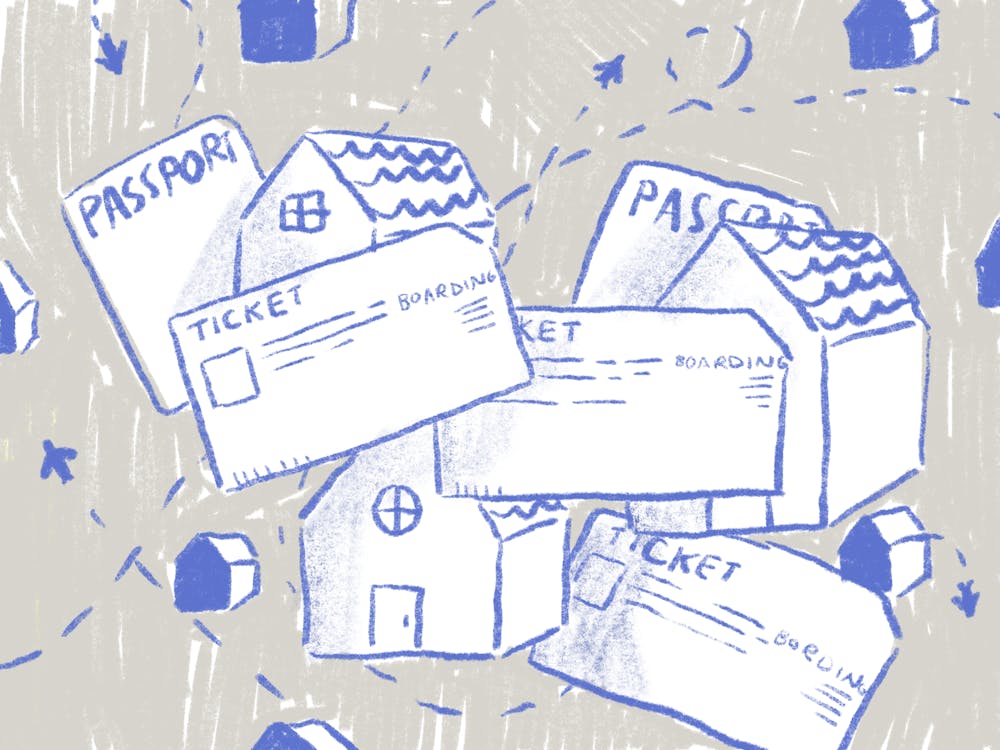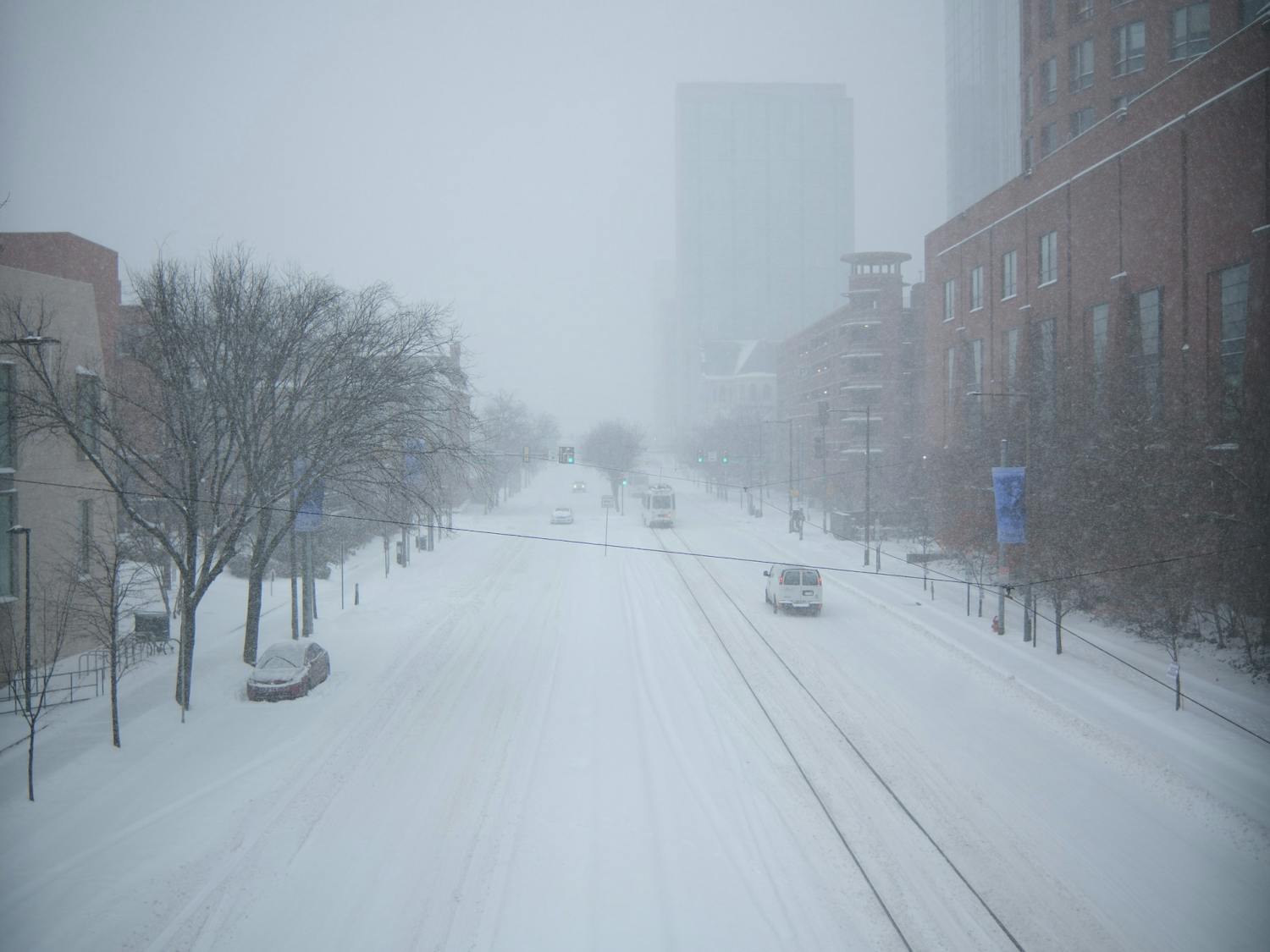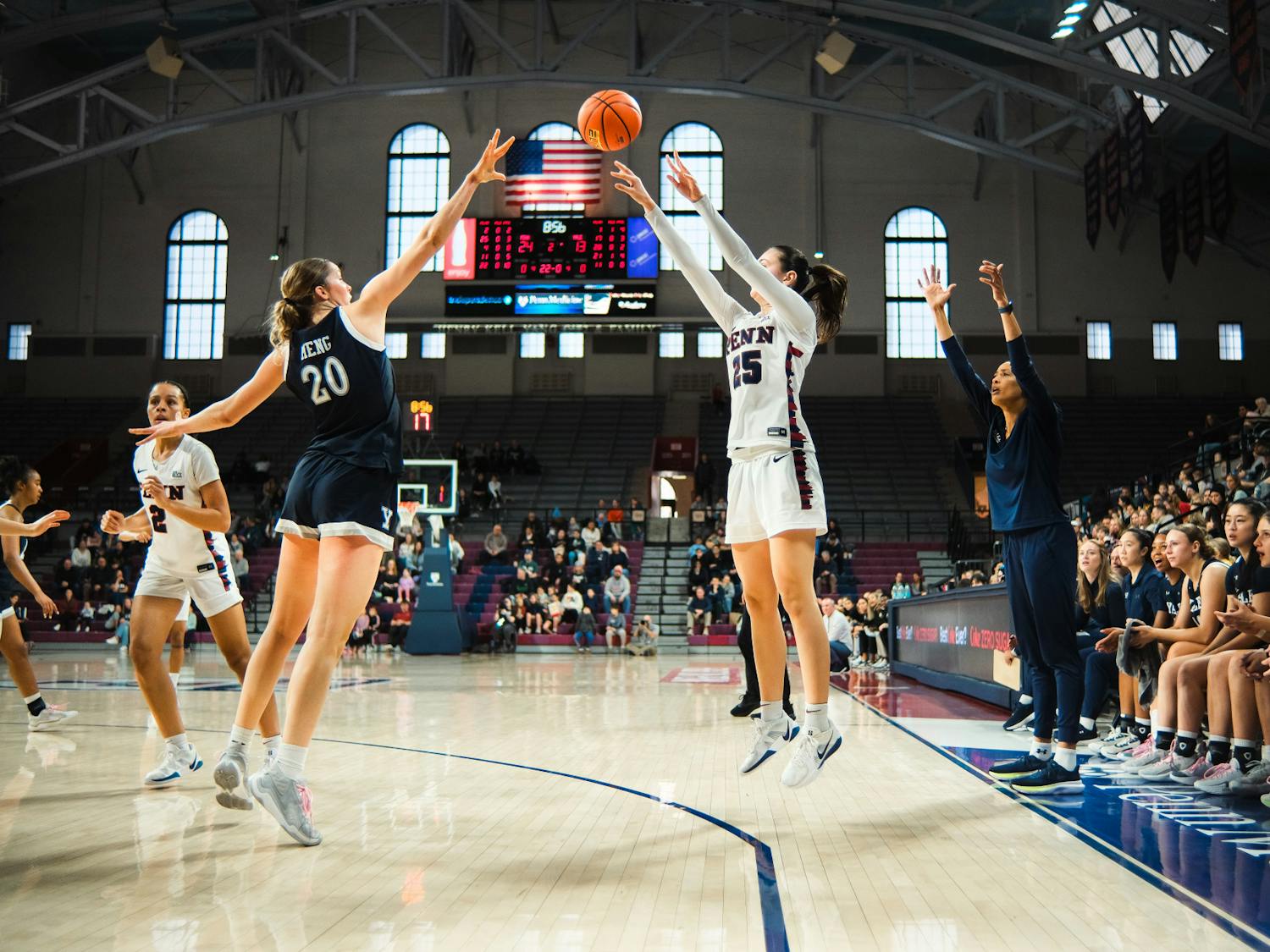On Wednesday, I received the same email as all other students: Penn is suspending in-person classes, students are expected to go home. However, like many other students, I was touched differently by the news.
My first reaction was not to look for tickets to extend my spring break another week, nor was it being upset about my Hey Day being canceled; it was utter panic. Was I going to lose my student visa? Was I going to be forced to return to Lebanon, a country seriously struggling to contain the virus? Will I be able to apply for my summer internship visa extension? I had no idea.
In the midst of this unprecedented time at Penn and in the world, students feel left behind by their governments and Penn’s newly announced policy. The school’s decision to not only extend spring break until March 23 but also force students out by March 17 can be criticized by students and supported by the administration alike. Many student petitions, op-eds, and memes have also provided commentary on this shocking decision.
But the problem isn’t whether the policy is justified — the problem is what it caused among students.
These policies constitute an inconvenience to some but can threaten the livelihoods of others. The University took longer than most of its Ivy League peers to craft a response to the virus, yet still managed to push students into a similar state of chaos and disarray. The most vulnerable students are the ones left with the least information: Students that can’t afford to move off campus, students who don‘t have the means to go back home, students from countries where their health would be in greater jeopardy than if they stayed here in Philadelphia, and others.
If you felt panic rather than inconvenience after getting the University’s sparse response to the virus or identify with one of the above categories, as I did, I have good news for you.
While horrible at disseminating this information, Penn did not leave its students behind. After speaking with many administrators, including Dr. Altamirano, director of International Student and Scholar Services, I now realize that Penn had a longer period of silence to coordinate its response. From what I’ve seen, Penn is rolling out a targeted approach that would simultaneously limit the spread of the virus while keeping the most vulnerable of us safe.
There are dozens of measures that aim to help students, but most of them are only accessible to those who ask. For example, while many students are scurrying to find sublets, Penn is offering accommodation to students who really need it, whether they be first-generation low-income, international, or else in need.
If you identify as FGLI, I encourage you to email pennfirstplus@upenn.edu “outlining [your] need to return and/or remain on campus.”
If you are an international student, email your assigned ISSS advisor (available on the IPenn system) or call ISSS at (215) 898-4661. Penn is advertising its https://coronavirus.upenn.edu/ page, but I also recommend reaching out to specific advisors for your personal situations. This rings especially true if you have extenuating circumstances preventing you from returning home (e.g. toxic family environment) but don’t necessarily identify as FGLI or international.
This is a very important time for our Penn community to come together and help each other. If you are a student in distress, I assure you, Penn has not left you behind. You are not alone. We may react to crises differently, but the best reaction right now is to reach out: To your family, to your peers, but also to Penn’s many resources.
MAHER ABDEL SAMAD is an Engineering and Wharton Junior in The Jerome Fisher Program in Management & Technology. His email is msamad@seas.upenn.edu.









